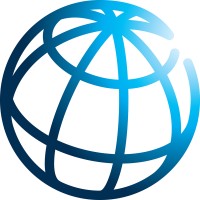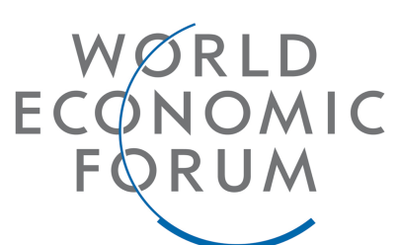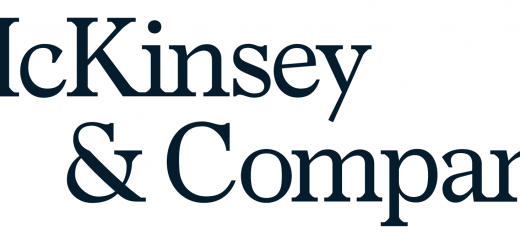Responding to Crisis, Investing in Systems

EdelGive Foundation Executive Chairperson Vidya Shah addresses how they are thinking about grantmaking in a pandemic. She serves on the board of many prominent organisations like Agastya International Foundation, Janaagraha Centre for Citizenship and Democracy, Asian Venture Philanthropy Network, Common Purpose, Women on Wings, Toolbox India Foundation and Masoom. Her role on each of these organisations enables her to contribute strategically to help build stronger and more sustainable institutions.
In the following blog, Vidya Shah talks about grassroot organizations being at the center, planning for a Covid Future through collaborations and philanthropy.
Grassroot Organizations
Unlike the first wave, when the grassroots organizations adapted quickly to address the emergent needs of the communities they serve, to do “what it takes,” the second wave has brought widespread infections and death of frontline workers, and funding challenges, exacerbated by adverse regulations, have left these organizations fatigued and struggling for survival.
At EdelGive, our grassroots organizations are at the center of everything we do. We believe and trust in their ability and judgment in what should be priority focus areas as they are placed within the communities they serve.
EdelGive Foundation has launched The Grassroots Resilience Ownership and Wellness Fund (GROW). A collective of global and Indian philanthropists, GROW will work towards jointly supporting and sustaining 100 grassroots organizations across India, over a period of 24 months.
In the long term, there is a need for new thinking and advocacy around health spend in India; health infrastructure—hard and soft; manufacturing capacity of medicines and vaccines and stockpiling policy of essential drugs; to revisit the state/federal architecture of how we respond to large national emergencies and challenges.
Planning for a Post-Covid Future
Collaboration is an intrinsic part of our theory of philanthropy. We have always been an open platform; we want to learn as much we want to share. But collaborations work when we invest time, thinking, and resources in designing for success through processes for communication, planning, and co-opting NGOs and funders as partners, not mere implementers of the collaborative’s vision.
There have been three new collaborations over the last 12 months—the Pay-What-It-Takes initiative, a multi-year initiative led by The Bridgespan Group and six anchor partners including EdelGive, working towards awareness building for and strategic guidance of non-governmental organizations (NGOs).
The Migrants Resilience Collaborative (MRC) is an initiative of our NGO partner Jan Sahas; perhaps a first-of-a-kind grassroots-led, multi-stakeholder collaborative of nonprofit, philanthropic, and private sector actors. Its mission is to ensure safe and responsible recovery of migrant families and their livelihoods post-COVID.
The experience of working with diverse partners like the government, funders, NGOs, resource organizations—has been that each collaboration teaches something new, which further helps in improve the design and mechanics of collaborations to follow.
In India, there will be some interesting times for philanthropy. Private philanthropy is growing significantly faster than corporate philanthropy. This means that these new philanthropists may want to give more and give sooner. An already vibrant, highly innovative Indian philanthropy market will hopefully see a new spring of thought and support to the most pressing issues today like the climate change, governance and justice, systems thinking, and state capacity building.


